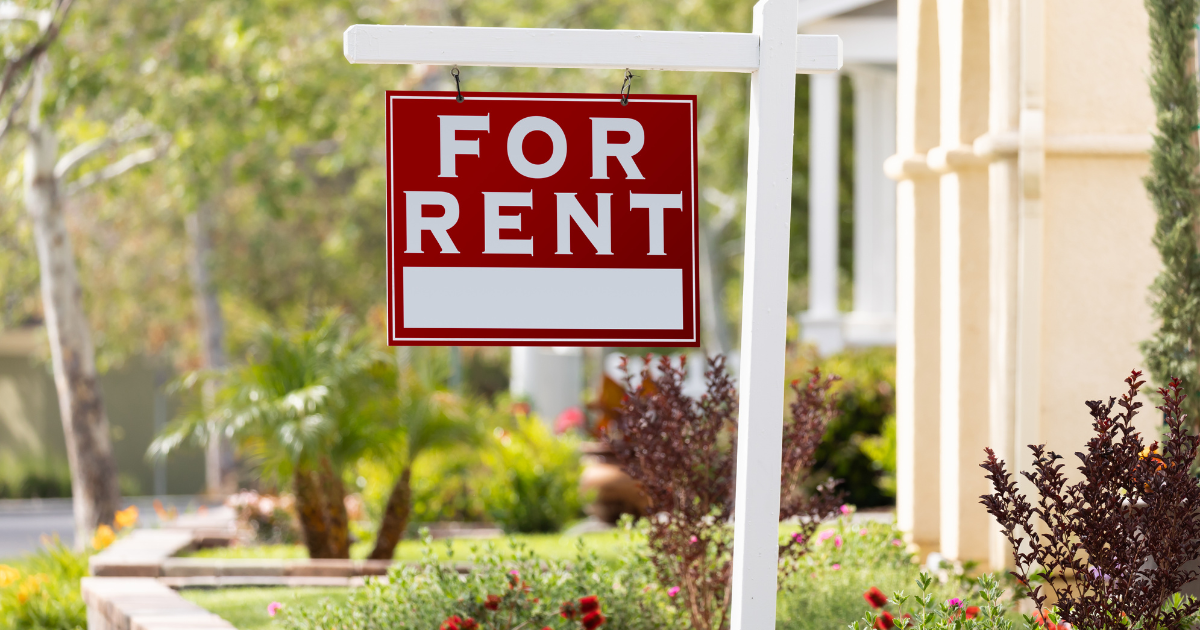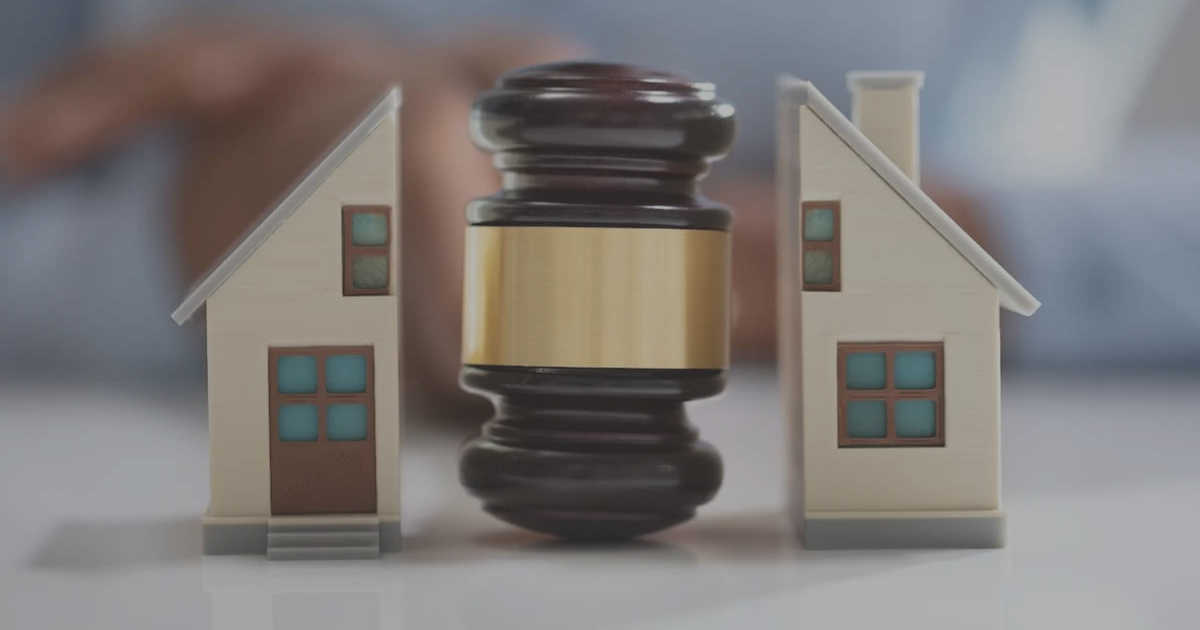2022 in Review: Changes to Land Use, Zoning Laws in Philadelphia
This past year, the city of Philadelphia approved and implemented a number of impactful pieces of legislation affecting land use and zoning law....
2 min read
Alan Nochumson : May 19, 2017 9:00:00 AM

Most of our lives are spent in real estate. Whether it’s an apartment or house we rent, own or develop, or that office job where we work 9 to 5. We literally eat, sleep and work in real estate for the majority of our lives.
Each week, we’ll select questions from readers on topics surrounding housing and real estate, which affect Philadelphians at home or work and then answer them from a legal point of view.
Q: What rights do I have as a renter in the city of Philadelphia?
A: There is actually a brochure that details the rights of tenants as well as the obligations of landlords in the city of Philadelphia.
It is called the Partners for Good Housing brochure and, in Philadelphia, a landlord is required to provide their tenant with a copy of it, along with what is called a Certificate of Rental Suitability, within 60 days from the start of their lease as well as the start of any lease renewal. This certificate is proof that the landlord is licensed to do business in the city, that their property is zoned properly for rentals, and that the property is in fit and habitable condition (and that the landlord will continue to maintain it in such condition).
Unlike many other certifications and licenses issued by the city, no inspection of the apartment or home is required to validate this certification. It simply details the landlord’s obligations to the tenant under the law. Until the landlord provides their tenant with the proper paperwork, the landlord is technically prohibited under the law from collecting rent from the tenant or even taking possession of the rental property for any reason.
Courts in Philadelphia will allow tenants to use the failure of the landlord to comply with the law as a “shield” in eviction proceedings. That means that the court will not grant a judgment for unpaid rent in favor of the landlord if, at the time of the hearing, the landlord cannot prove that they delivered the certificate and the brochure to the tenant before the unpaid rent was due. Equally important, the court will not allow the landlord to take possession of the property if the tenant has not received the certificate and brochure by the time of the hearing. Therefore, until the landlord delivers those documents to the tenant, they can essentially reside at the rental property rent-free without repercussions.
With that being said, the courts will not allow the tenant to obtain a monetary judgment against the landlord for reimbursement of the rent that the tenant has already paid (prior to receiving the certificate and brochure). Judges in Philadelphia have consistently declared that this would be an unjust result.
The materials and information contained in this article have been prepared solely for general informational purposes and do not constitute legal advice. You should consult with an attorney for a real estate matter you are currently encountering.
Read the full article on PhillyVoice
Reprinted with permission from The Legal Intelligencer © 2017 ALM Media Properties, LLC. All rights reserved. Further duplication without permission is prohibited. For information, contact 877-257-3382, reprints@alm.com or visit www.almreprints.com.

This past year, the city of Philadelphia approved and implemented a number of impactful pieces of legislation affecting land use and zoning law....

A landlord is generally not liable for injuries sustained by third parties on his property. The reasoning is simple: Liability is based upon...

Landlord Incentives in Retail Leasing There are many incentives that a commercial landlord may provide to convince a potential retail tenant to lease...